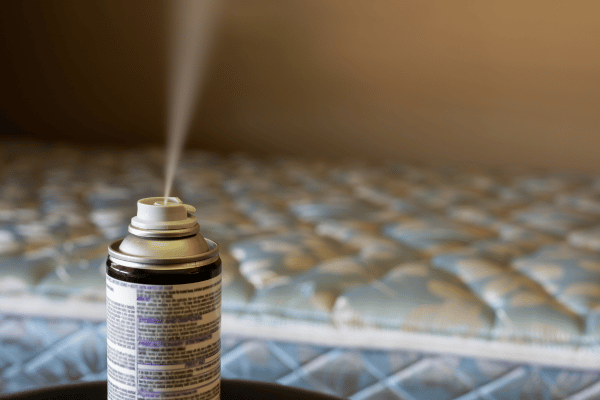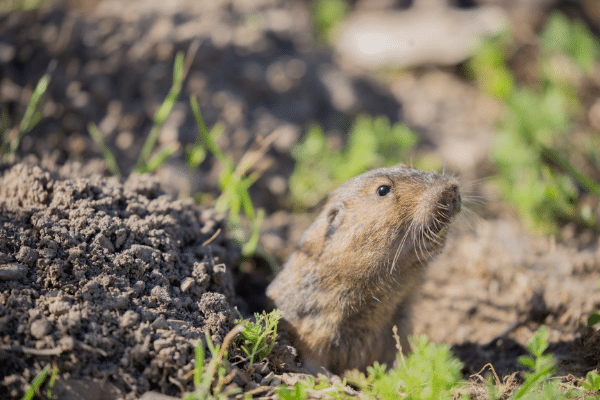- Home
- Get Rid Of Ants
- Kill Ants Outside
How To Kill Ants Outside
This post may contain affiliate links so I earn a commission.
If you’re wondering how to kill ants outside, it’s important to understand that your outdoor methods will be a bit different from the ones you rely on indoors.
Ant infestations tend to bother homeowners the most when they occur indoors - after all, that’s probably where you spend the bulk of your time.
However, ants that reside outdoors often make the journey inside, meaning it’s just as vital to know how to kill ants outside as it is the ones that live indoors.
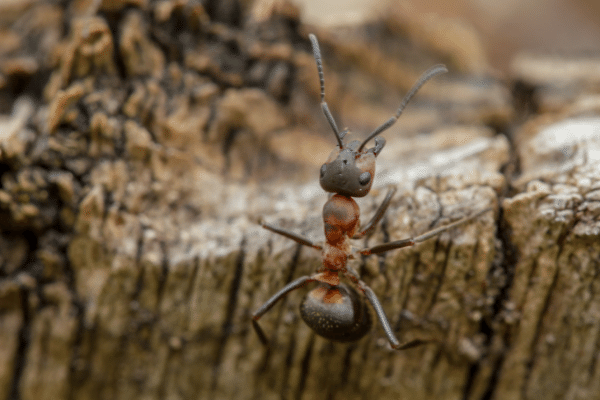
Or, maybe you're just tired of seeing ant hills throughout your lawn or pavement ants on your driveway.
Either way, here are some useful tips to get rid of outdoor ants for good.
Using Bait To Kill Ants Outside
Ant baits are some of the most effective tools you can use to curb ant populations both indoors and outside.
That’s because the ants you likely see roaming about on your lawn and in your garden are forager ants, looking for food to take back to the other ants in the nest.
It’s not enough to simply kill these ants, since it won’t do anything about all the ants back home in the nest!
Instead, you can use bait.
The foraging ants will find the bait droplets or stations you’ve left for them and then will return to share the “treats” with the rest of the ants.
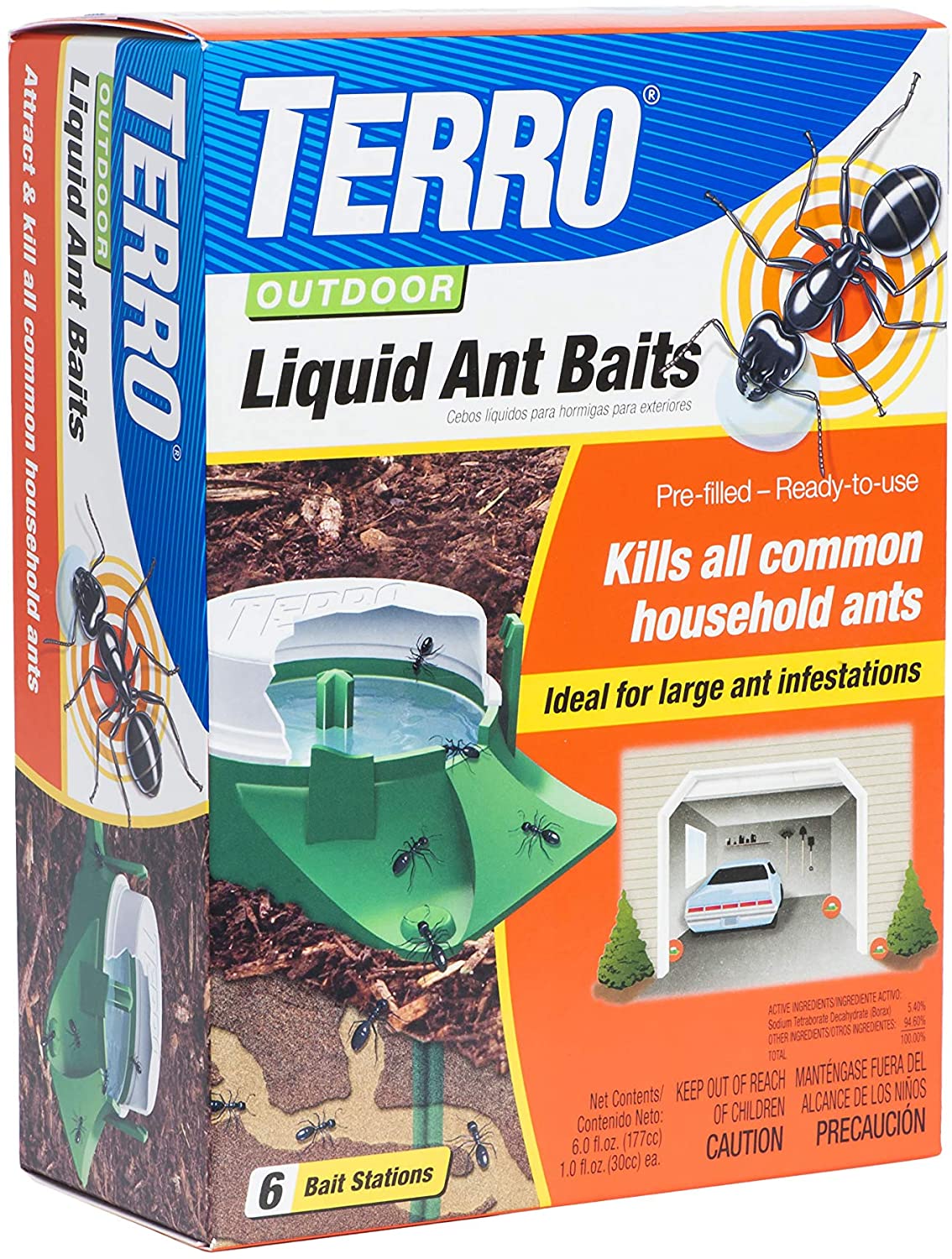
These baits contain ant
poisons that are somewhat slow-acting - once the foragers have shared the bait
with the other ants, it will gradually kill them all.
How To Kill Ants Outside Using Sprays
Ant sprays can be used in a variety of ways.
They can treat an anthill directly or be used as a spot treatment.
The key here is to not use an ant spray if you’re already using an ant bait, since the spray will negate the effects of the bait as the forager ants are killed before they have a chance to bring the bait back to the nest.
Often, these sprays target ants in addition to other insect pests, like cockroaches, bed bugs, spiders, fleas, ticks, and more.
Using a spray isn’t a great long-term solution, since it will only kill ants and not eliminate the source of the ants, but it should help you reduce ant populations for the short-term.
You don’t have to rely on a chemical-based product either.
There are lots of formulas that rely on plant-based ingredients, meaning you don’t have to worry about using them if you’re trying to grow an organic lawn or garden.
Preventing Ants Using Dust
There are several types of dust that you can use to kill ants outside, too.
Many of these offer the ability to kill ants on contact as well as prevent new ones from building their nests.
If you find the nest or ant colony, apply the dust directly to the nest.
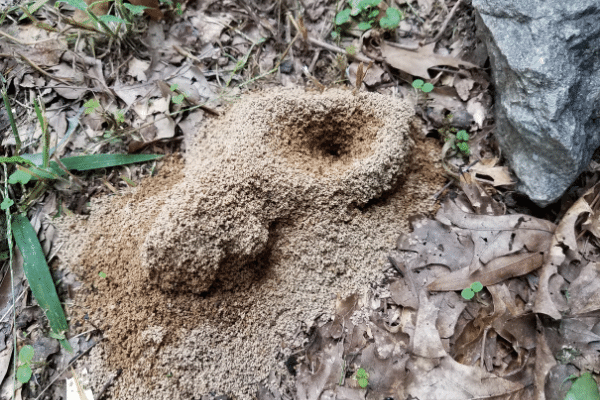
You can also just apply it to any areas in which you
suspect there might be an ant nest.
It can even be added around exterior walls to offer some residual protection.
Be as thorough as you can and apply insecticidal dust near all potential entry points.
Natural Remedies For Getting Rid Of Ants Outside
If you don’t want to use chemical baits and sprays to kill ants outside, the good news is that you don’t necessarily have to.
It is a bit easier to use natural remedies indoors, where you’re working with a smaller area that needs to be treated.
However, you can still give natural remedies a try outdoors.
A 50/50 solution of vinegar and water works well to remove ant pheromone trails (you can apply it to walkways and other areas frequented by ants).
It does also kill vegetation, so keep this in mind when you apply it.
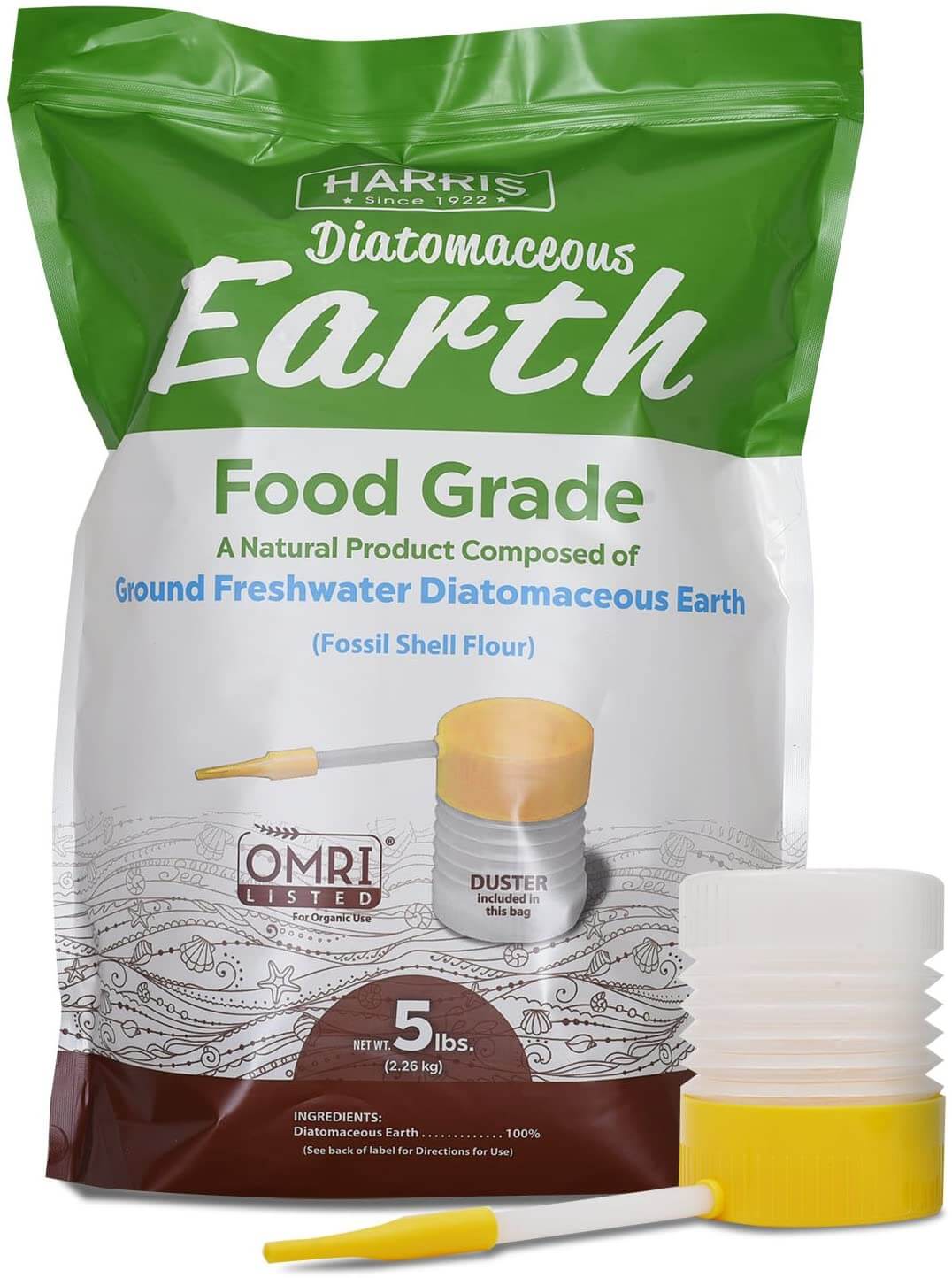
Other natural remedies you can use include
mint, lemon juice, cinnamon, cayenne pepper, and food-grade diatomaceous earth.
Of all of these treatments, food-grade diatomaceous earth is one of the most effective.
It gets rid of ants in addition to many other types of pests.
Simply sprinkle a thin layer of the powder anywhere in which you want ants gone - replace every day until the ants are eliminated.
It’s safe to use since it just contains the fossilized remains of marine phytoplankton.
Although it’s not dangerous for you, your kids, or your pets, it’s incredibly damaging to ants because it cuts up their exoskeletons and dries them out.
Preventing Ants Outside
There are a few tips you can follow to prevent ants from building their nests outside - something that is often more effective than killing ants later on.
For starters, mow your lawn regularly, making sure shrubs and trees (especially those close to the house) are trimmed back and tidy.
If you have firewood, store it at least 20 feet from your home and be sure to keep your yard and the area close to your house free from other types of debris, including lawn clippings.
Dispose of trash in a timely fashion - if you recycle bottles or cans, rinse them out before you recycle them.
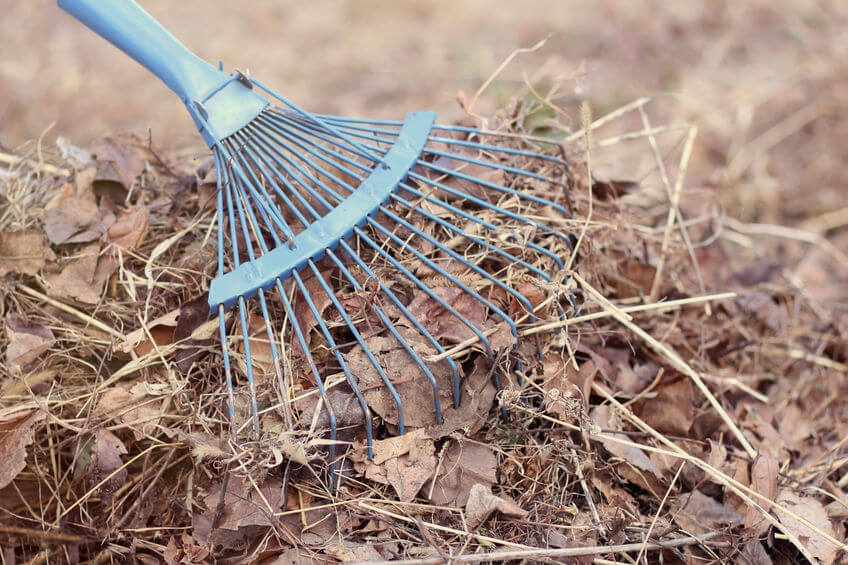
Remove other
features that may be attracting ants to your home, too.
Moisture is one such attractant - make sure any leaking faucets or pipes are repaired promptly.
It’s not just food that can attract ants but water, too.
Finally, take a walk around your property to inspect your home for potential ant entry points.
If you have ants outside, there’s a good chance that they’ll meander indoors eventually.
Keep them out by boarding up any exhaust vents, faucets, sliding glass doors, windows, or other potential entry points for ants.
How Long Does It Take To Kill Ants Outside?
Be patient when you’re trying to get rid of outdoor ants.
The size of the colony will typically determine how long it takes to wipe out an ant infestation.
Smaller ones can often be eliminated in just a couple of days while large (or multiple) colonies may require up to two weeks of treatment.
Remember, it’s going to take some time for the forager ants to find the bait, consume it, and bring it back to the nest.
Now that you know the best tips for killing ants outside, you should be able to keep them away (and keep your lawn looking gorgeous, too).
Good luck!

